
This story discusses suicide. If you or someone you know is having thoughts of suicide, please contact the Suicide & Crisis Lifeline at 988 or 1-800-273-TALK (8255).
George Carlin had been blackballed in the mid-’70s when the comedian reached out to his pal Tony Orlando for help.
« George was unbookable, » Orlando explained to Fox News Digital. « He couldn’t get a job in Vegas, couldn’t get a job in television because the dirty words [he used] were that dirty. And that was a time when you didn’t hear dirty words anywhere. »
TONY ORLANDO RECALLS LIFE-CHANGING ENCOUNTER WITH WOUNDED VETERAN: ‘NEVER PREPARED FOR THIS’
« On my variety show, we couldn’t use the word ‘pregnant,' » the singer-songwriter shared. « They thought that was an improper word to use in a sketch. We had to say, ‘in waiting.’ Couldn’t say ‘pregnant.’ That goes to show how strict it was back then. »
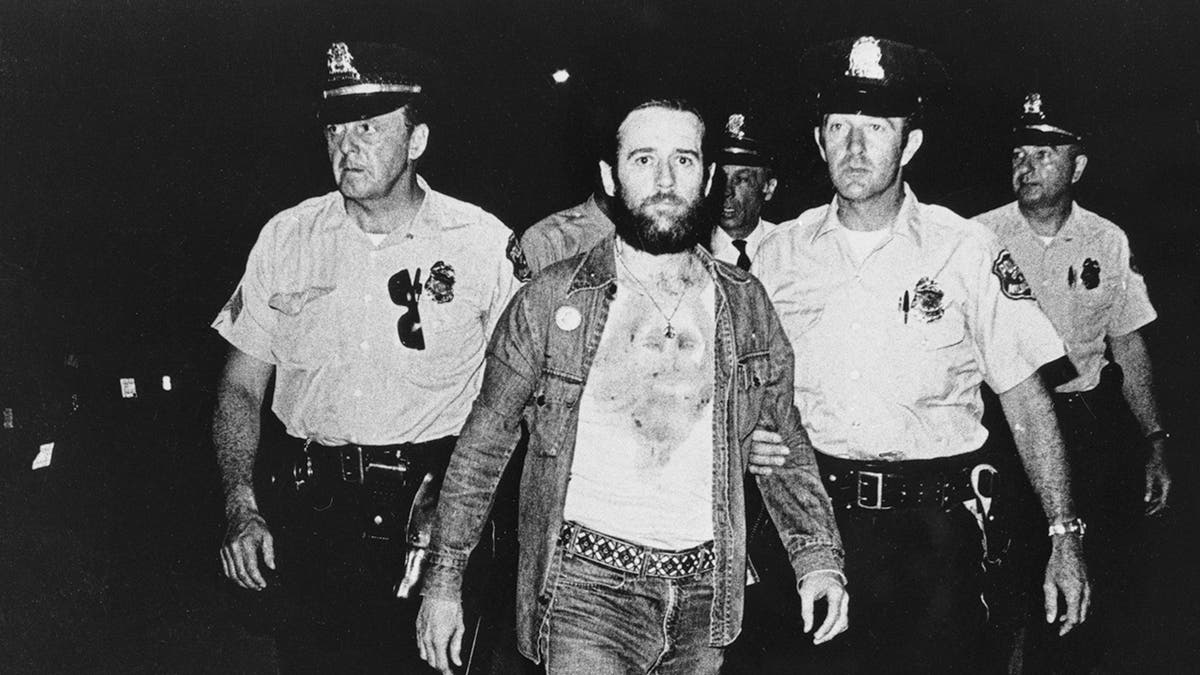
Comedian George Carlin was arrested on a disorderly conduct and profanity charge for performing his now-classic bit « Seven Words You Can’t Say on Television » at the Milwaukee Summerfest in 1972. (Mark Goff/Bettmann Archive/Getty Images)
The star, known for the ’70s hits « Tie a Yellow Ribbon Round the Ole Oak Tree » and « Knock Three Times, » has retired from live performing and touring. He gave his final show at Connecticut’s Mohegan Sun Casino Arena on March 22. Today, he’s looking back at his decades-long career and how he befriended several comics along the way.
In 1972, Carlin took the stage at Santa Monica Civic Auditorium in California to record material for a new album, « Class Clown, » Biography.com reported. According to the outlet, the comedian debuted a monologue titled « Seven Words You Can Never Say on Television, » also known as « Seven Words » or « Seven Dirty Words. »
It wasn’t until 1973 that East Coast radio station WBAI-FM played an offshoot of the routine titled « Filthy Words, » the outlet noted. CBS executive John Douglas, a member of Morality in Media, heard the broadcast with his 15-year-old son. Horrified, he filed a complaint with the Federal Communications Commission (FCC), which determined the broadcast was « indecent. »
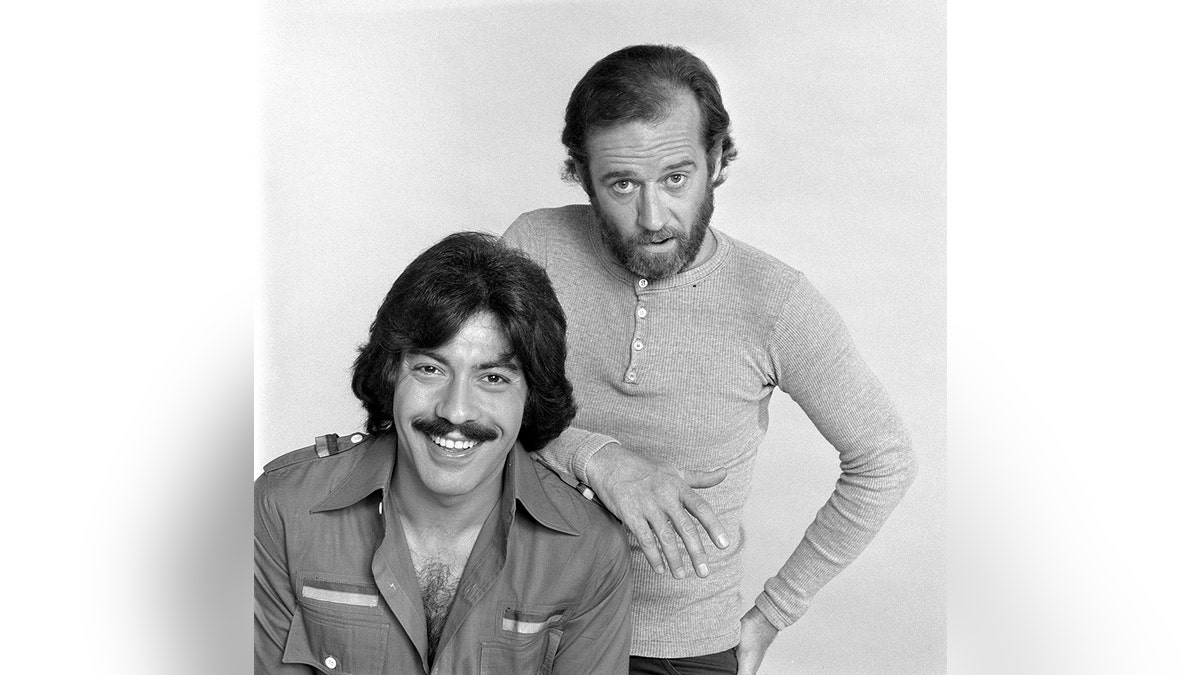
George Carlin, right, turned to his pal Tony Orlando for help in the mid-1970s. (CBS via Getty Images)
In 1975, the FCC threatened to impose sanctions on the Pacifica Foundation, which owned BAI, over any complaints surrounding Carlin’s monologue, the outlet shared. Pacifica challenged this in court and, in 1977, the United States Court of Appeals for the District of Columbia Circuit ruled in favor of the broadcast. The case went up to the Supreme Court.
It wouldn’t be until 1978 that the Supreme Court issued a ruling in Federal Communications Commission v. Pacifica Foundation, Biography.com reported. This upheld the FCC’s power to determine language guidelines and limitations.
Meanwhile, clubs were wary of hiring Carlin.
CLICK HERE TO SIGN UP FOR THE ENTERTAINMENT NEWSLETTER
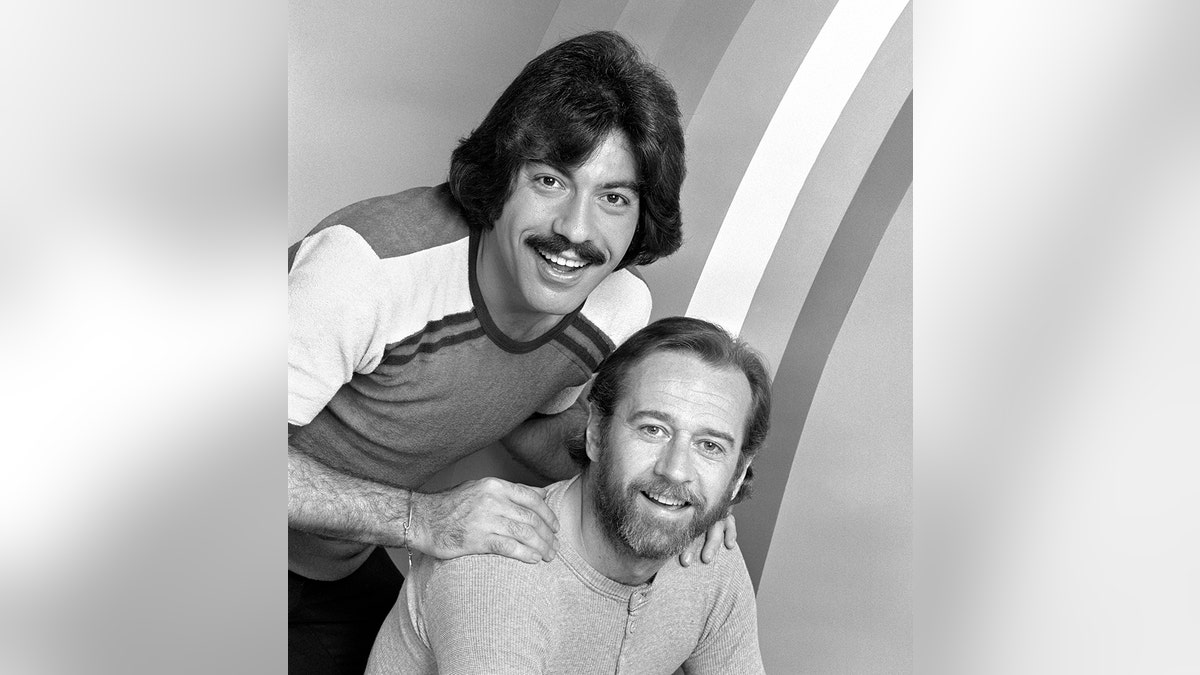
George Carlin became a cast member of « The Tony Orlando and Dawn Rainbow Hour, » a CBS television musical variety show. (CBS via Getty Images)
« He calls me, » Orlando recalled. « He said, ‘Tony, I need work. I’m broke. I got to find work.’ I said, ‘George, why don’t you become a regular on my show?’ He goes, ‘A regular? No one’s going to put me on your network as a regular with all this.’ I said, ‘Let me try.’ And I convinced the network to allow him to be a regular on my show, ‘Tony Orlando and Dawn Rainbow Hour.’ »
But Orlando had some rules.
« I said, ‘Do me a favor, George. Cut your beard down a little bit. Cut your hair down a bit. And whatever you do, don’t get dirty!’ » said Orlando.
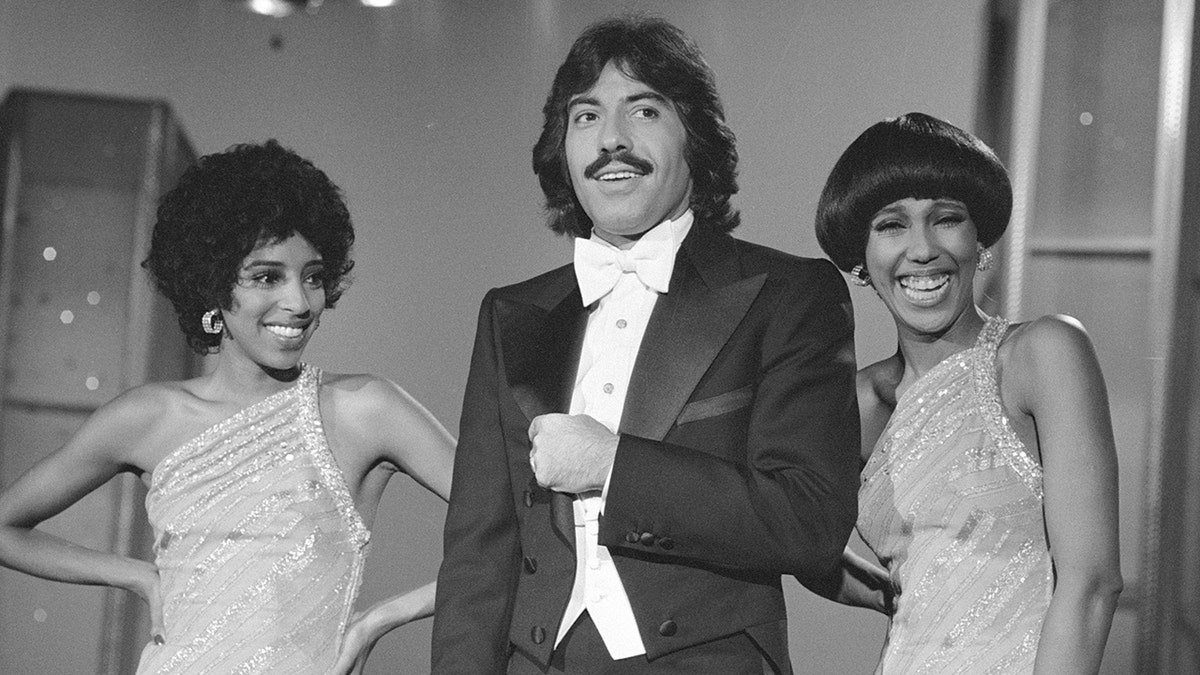
Popular American vocal group Tony Orlando and Dawn share a laugh on an episode of their television variety show « The Tony Orlando and Dawn Rainbow Hour, » circa 1976. From left: Joyce Vincent Wilson, Tony Orlando (born Michael Anthony Orlando Cassavitis) and Thelma Hopkins. (CBS Photo Archive/Getty Images)
But not everyone was eager to have Carlin come on board. Orlando described how « all the suits at CBS » were worried.
« They said, ‘Tony, you may lose your show for this. He’s unpredictable,’ » said Orlando, 80. « I said, ‘No, I believe he’s brilliant, and I believe he’ll come through.’ »
No one could have prepared Orlando for what he was about to hear.
CLICK HERE TO GET THE FOX NEWS APP
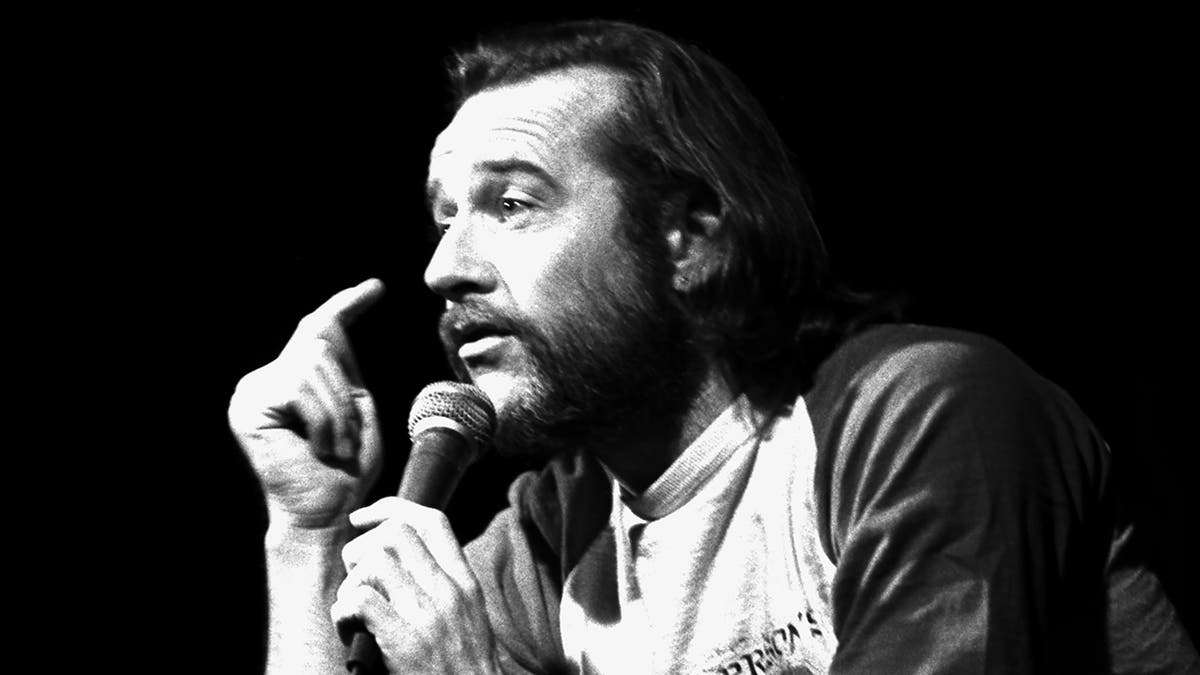
George Carlin was eager to prove a point on television. (Douglas Elbinger/Getty Images)
« The camera’s coming up on George Carlin, » Orlando explained. « It’s his first night [on] my show. And as [the camera] comes to a close-up, he goes, ‘You are going to die. I’m going to die. We’re all going to die.’ I could see all the suits… going, ‘Oh, my God, he’s talking about death! We’re going to lose America… people are going to change the channel. What did Tony do? Are you crazy?’ »
« George comes off on stage, » Orlando continued. « I said, ‘George, really? The first piece of business you do, you talk about death?’ He said, ‘Tony, forgive me. I just wanted to prove to these guys that there’s a word worse than the F-word. »
« He proved his point, » Orlando chuckled. « They were so bent out of shape over a word that’s acceptable to everybody every day — the word ‘death.’ And that was the strength of George Carlin. He was a philosopher, a genius, insightful. I was proud that… in some way, I rejuvenated his brilliance. »
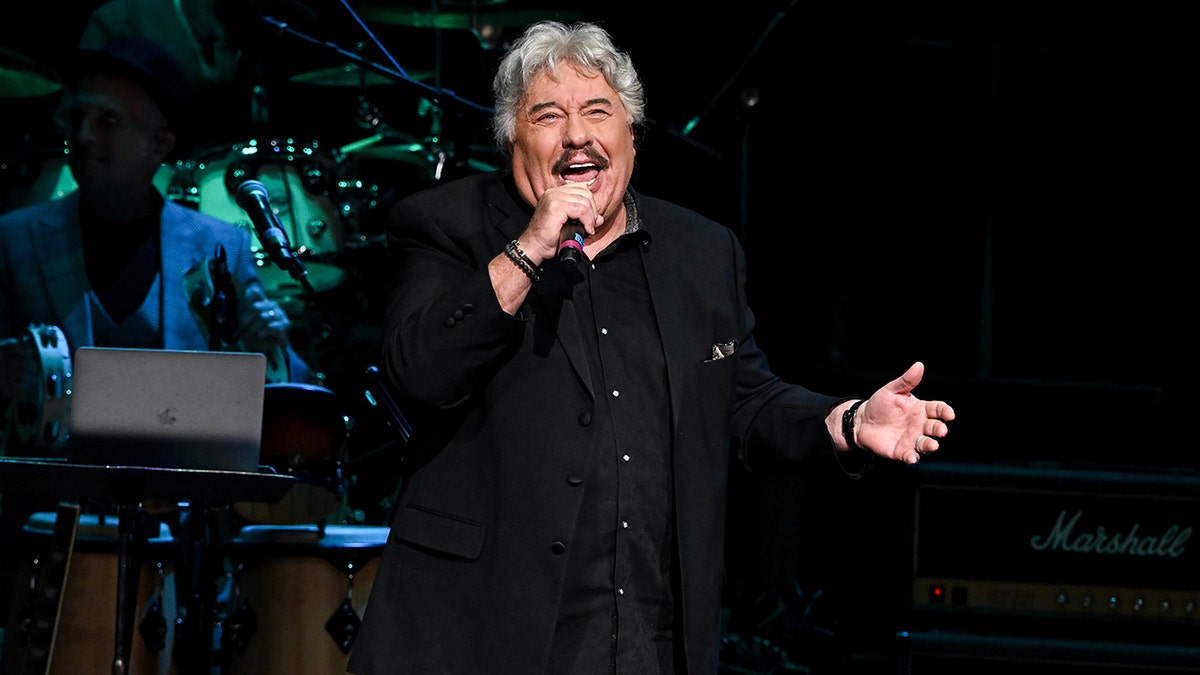
Tony Orlando performs onstage at the 15th Annual Induction Ceremony for the New Jersey Hall of Fame at NJPAC in Newark, New Jersey, on Oct. 29, 2023. (Bryan Bedder/Variety via Getty Images)
Carlin died in 2008. He was 71.
Another comic who left a lasting impression on Orlando was his best friend, Freddie Prinze.
« Freddie Prinze hosted ‘The Tonight Show’ at 21 years old, when ‘The Tonight Show’ was king of the world with Johnny Carson, » Orlando beamed. « Johnny trusted him to host… Freddie Prinze was only in the business as a star for two years. The public only knew him for two years. Imagine what this genius young comic would’ve been if he were able to stay alive. »
« He died of his own hands, » said Orlando quietly.
LIKE WHAT YOU’RE READING? CLICK HERE FOR MORE ENTERTAINMENT NEWS
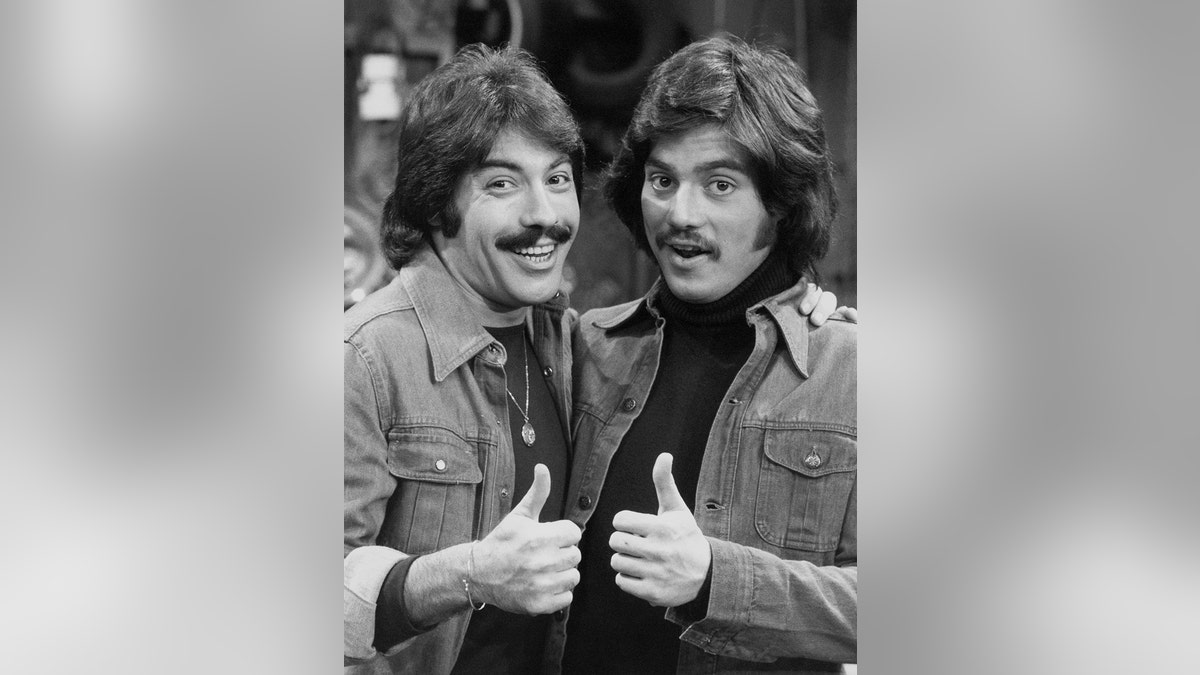
Tony Orlando, left, described Freddie Prinze as his « show business brother. » (Getty Images)
The « Chico and the Man » star fatally shot himself in 1977. He was 22. Orlando said he « died in my presence. »
« I stood next to his wife, his mother, his stepdad and my wife at the time, » Orlando explained. « I remember the only thing I could do was kiss his lips. And the last pair of lips, as I remember it, were mine pressed on his. And I said goodbye to him. »
« I wrote a note talking about the word ‘smile,’ » Orlando reflected. « I wrote to the nurse who was watching over him when he passed when they pulled the plug on him… I wrote, ‘Nurse, the world can’t afford to lose one more laugh, Tony Orlando.’ That’s what went through my mind with Freddie, not just the smile that he got on my face… but the laugh he gave to the world. »
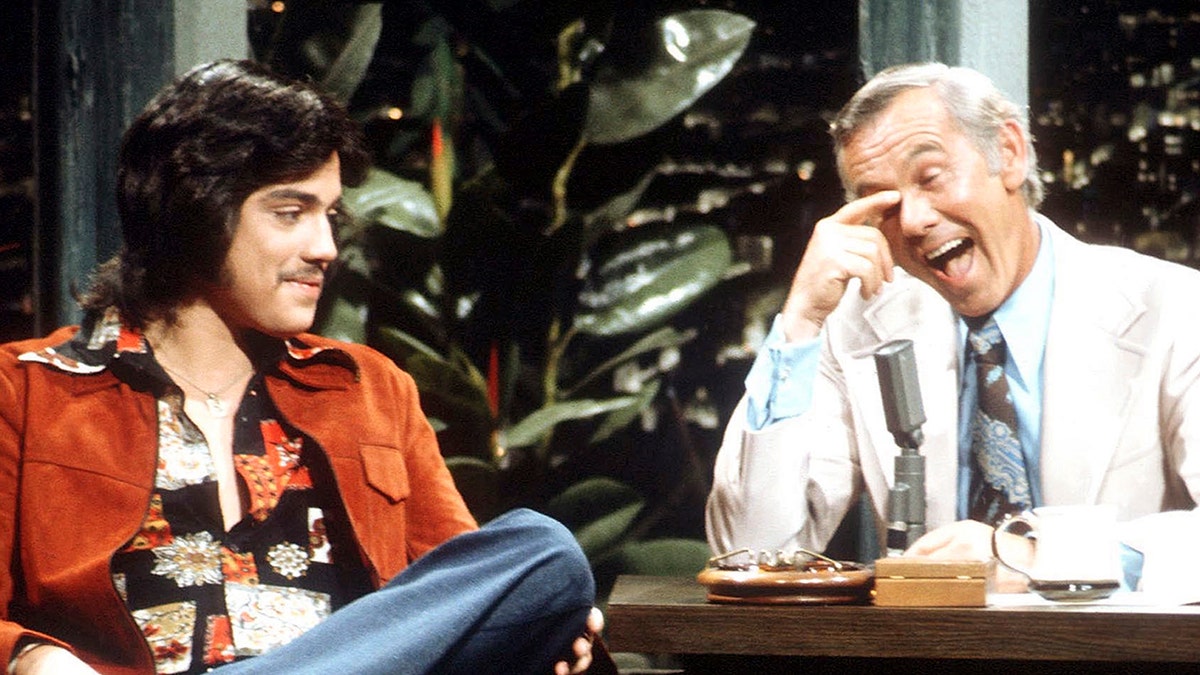
Freddie Prinze impressed « Tonight Show » host Johnny Carson. (Fred Sabine/NBCU Photo Bank/NBCUniversal via Getty Images)
« Sadly, what makes me smile about him is just the mere name, » he continued. « Freddie was completely… hysterical, hilarious… If you picked up the phone and called Freddie, you knew you were going to laugh. »
Orlando is now looking forward to what the next chapter in life holds for him.
« I’ve been doing this for 64 years, » he said. « I’ve reinvented myself more times than I could remember… It’s been very satisfying. But there’s so much more I want to do. I’ve always wanted to write a novel. I’ve written two screenplays. I’ve written a new Broadway show… I’ve got a lot on my plate that excites me. But life on the road? I can’t handle it anymore. It’s that simple. »
